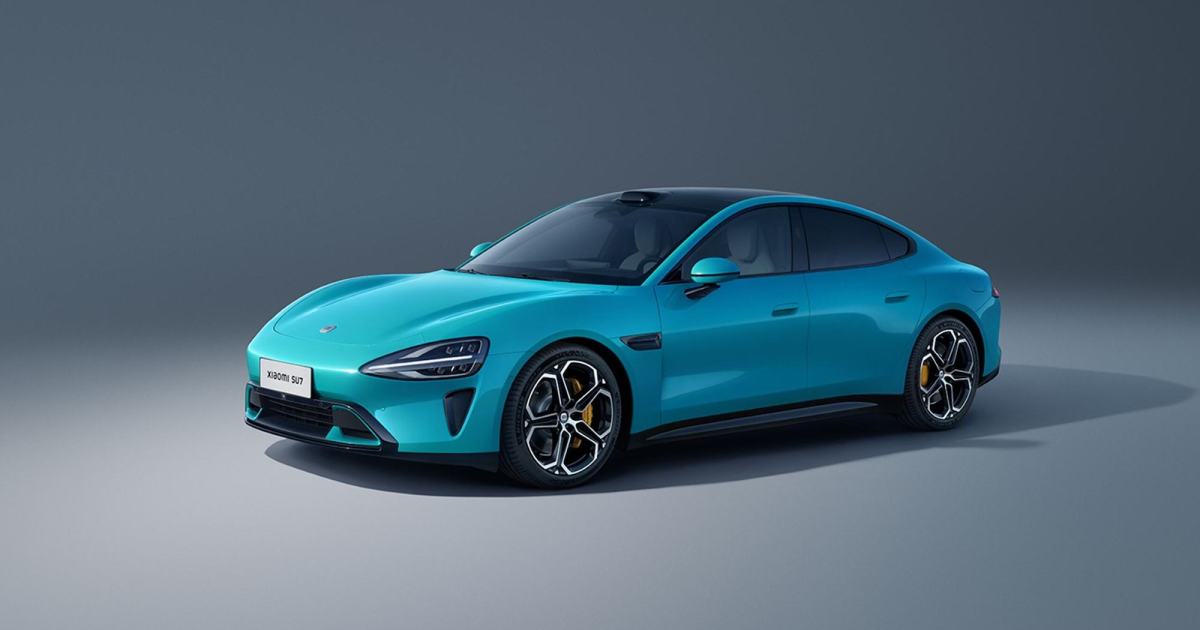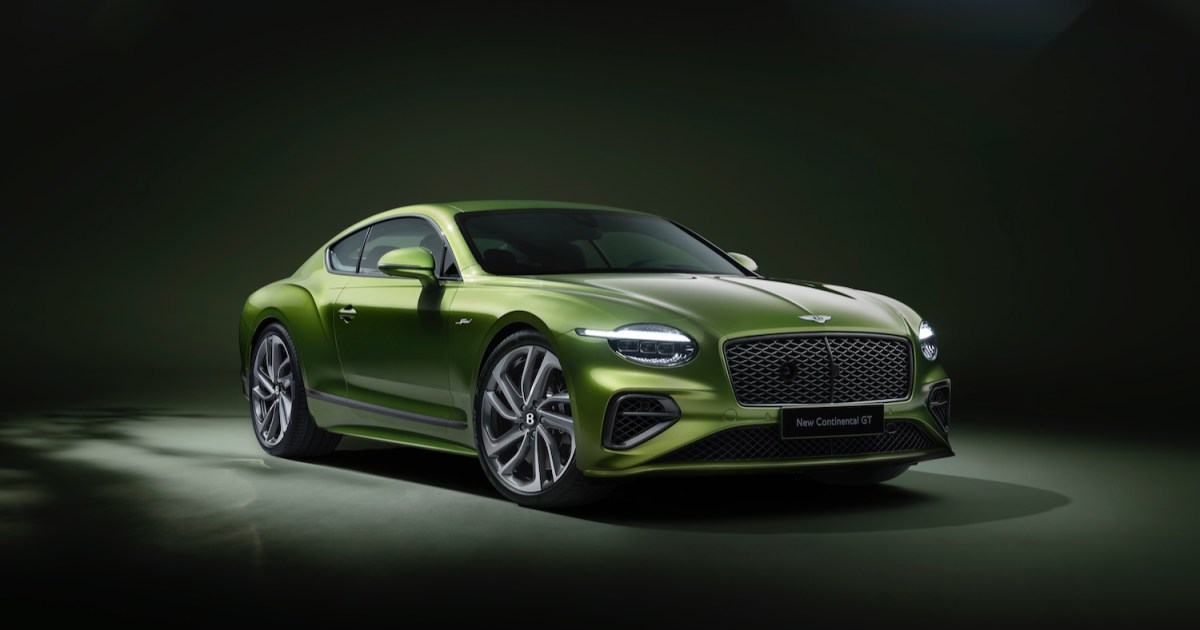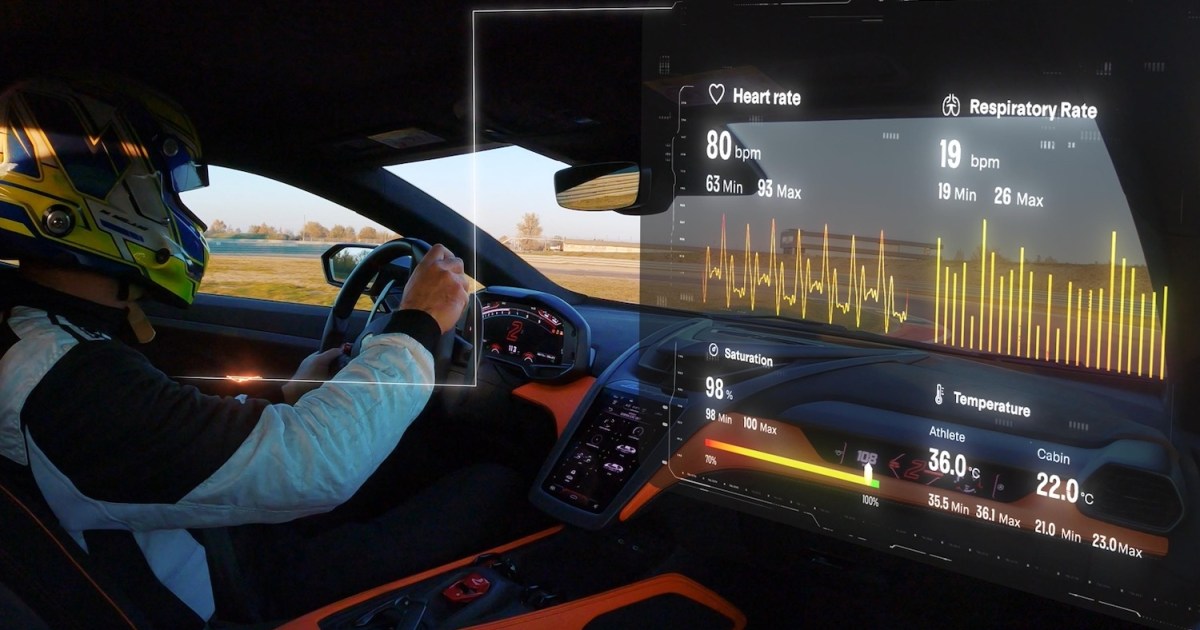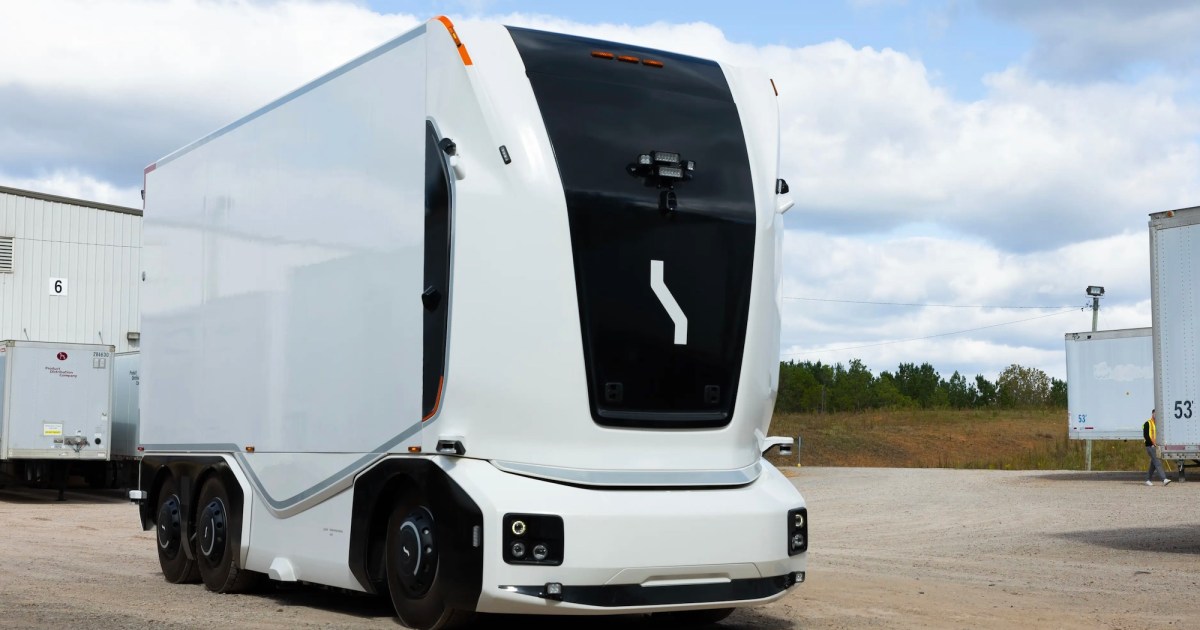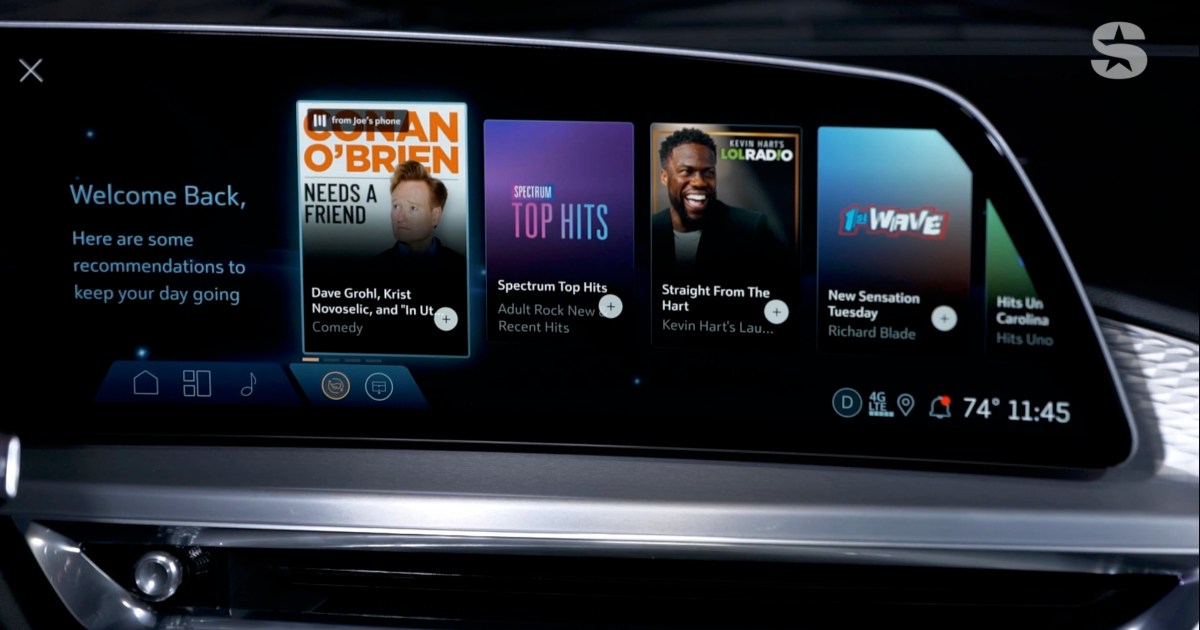Xiaomi, renowned for its tech products, is poised to disrupt the electric vehicle (EV) market with its first-ever car, the Speed Ultra 7 (SU7). Deliveries are slated to begin on March 28th in China, marking a significant challenge to established players like Tesla.
Xiaomi’s Ambitious Entry into the EV Market
Xiaomi’s foray into the automotive sector is a bold move, especially considering Apple’s unsuccessful attempts. The SU7, unveiled last year, targets the Chinese market initially, offering a sporty design and advanced features. This expansion into EVs aligns with Xiaomi’s broader strategy of diversifying its product portfolio and capitalizing on the growing demand for electric vehicles.
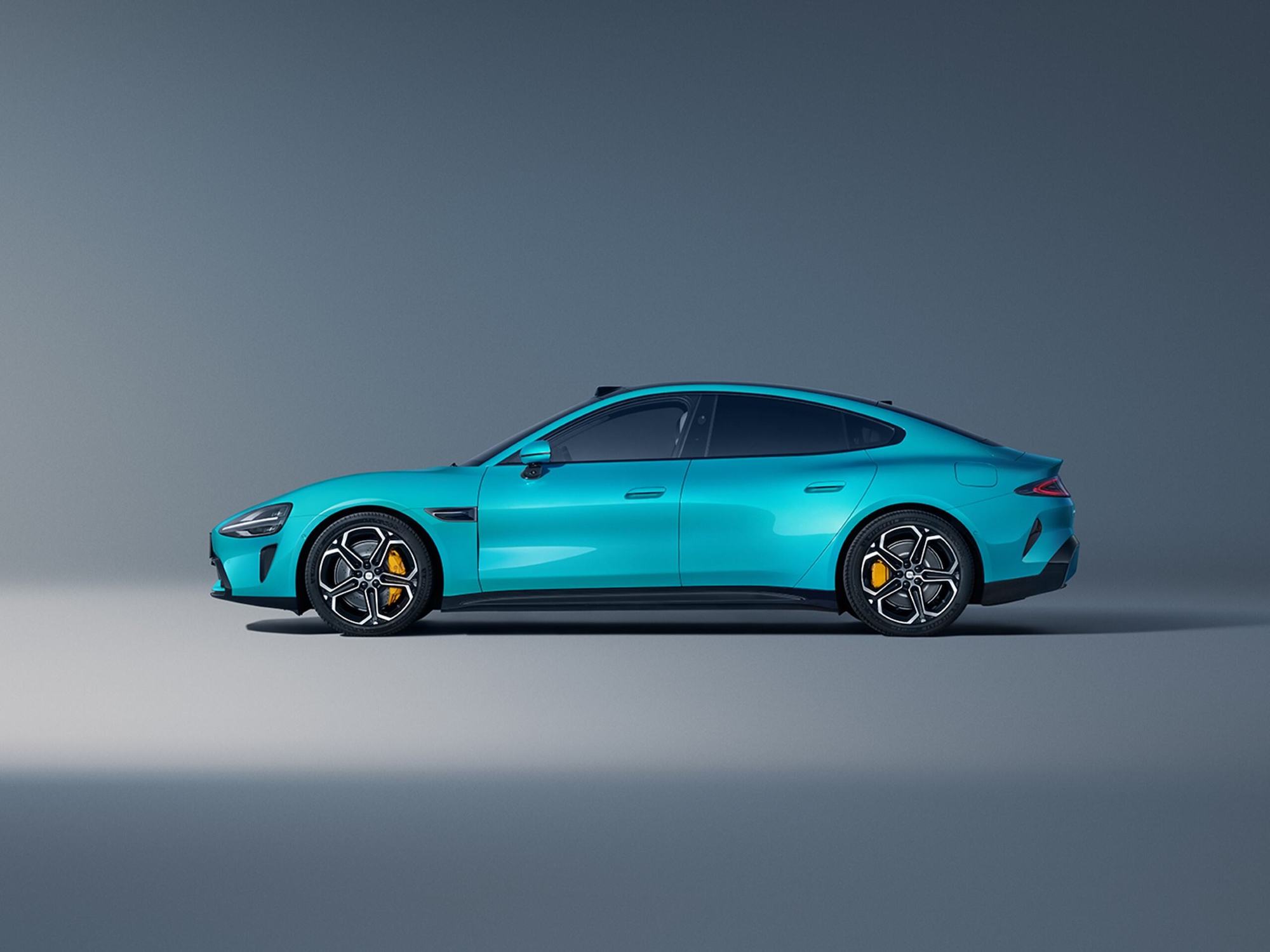 Xiaomi SU7Xiaomi SU7 poised to compete with Tesla.
Xiaomi SU7Xiaomi SU7 poised to compete with Tesla.
Performance and Features of the SU7
Xiaomi claims the SU7 boasts impressive performance, exceeding the acceleration of some Tesla and Porsche EVs. Its estimated range of up to 497 miles (800 kilometers) is also competitive, addressing range anxiety concerns among potential EV buyers.
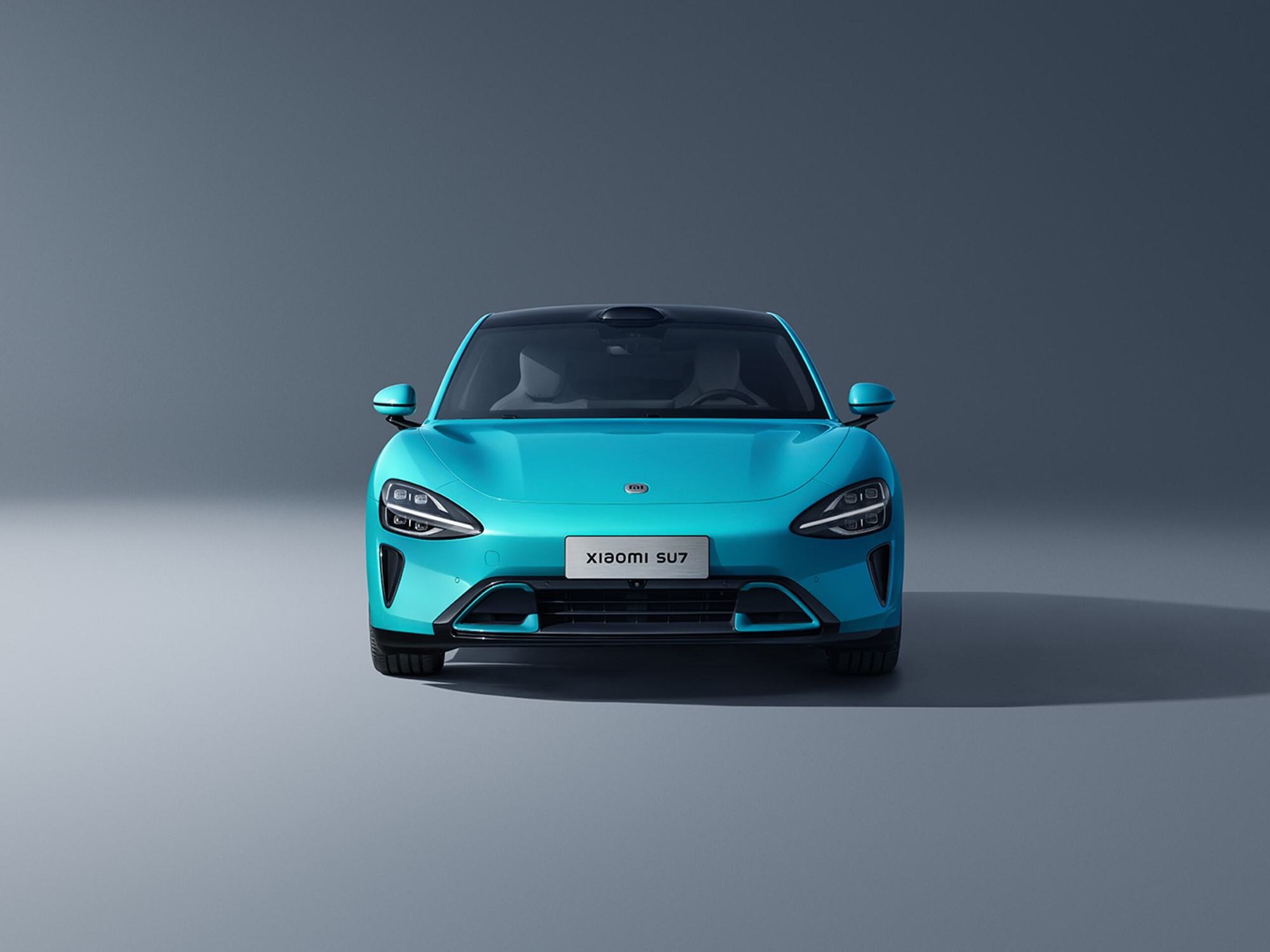 Xiaomi SU7 InteriorXiaomi SU7 interior showcasing its digital cockpit.
Xiaomi SU7 InteriorXiaomi SU7 interior showcasing its digital cockpit.
Furthermore, the SU7 is equipped with driver-assist features and a digital cockpit, emphasizing both safety and a modern driving experience. These features position the SU7 as a technologically advanced competitor in the EV space.
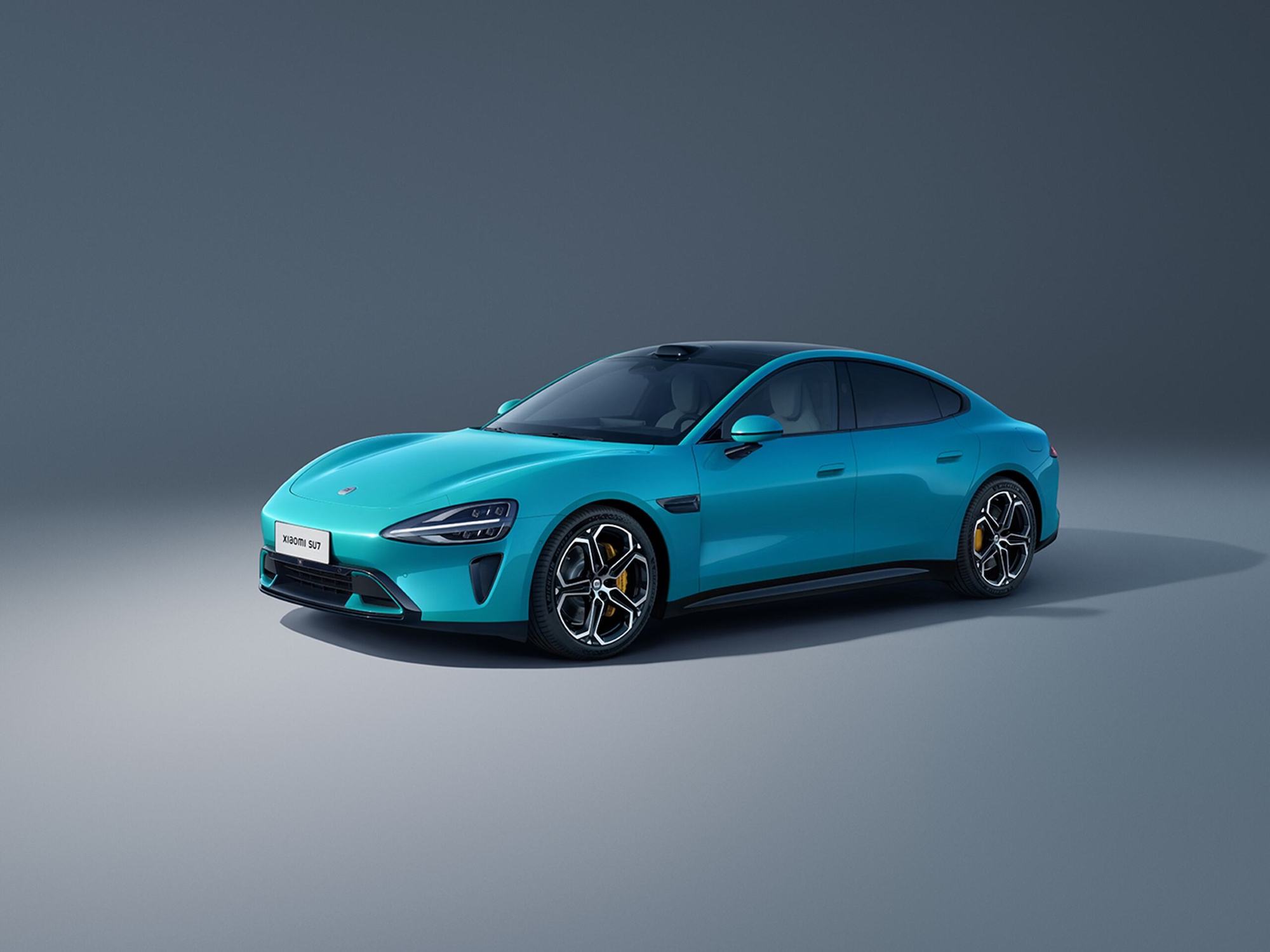 Xiaomi SU7 DisplayXiaomi SU7 on display in China.
Xiaomi SU7 DisplayXiaomi SU7 on display in China.
The SU7 is currently showcased in 59 showrooms across 29 cities in China, demonstrating Xiaomi’s commitment to building a robust sales and distribution network.
Pricing and Competition in the Chinese EV Market
While the official price is yet to be announced, reports suggest the SU7 will be priced between 250,000 yuan (US$34,800) and 370,000 yuan (US$51,500), placing it in direct competition with Tesla’s Shanghai-made Model 3.
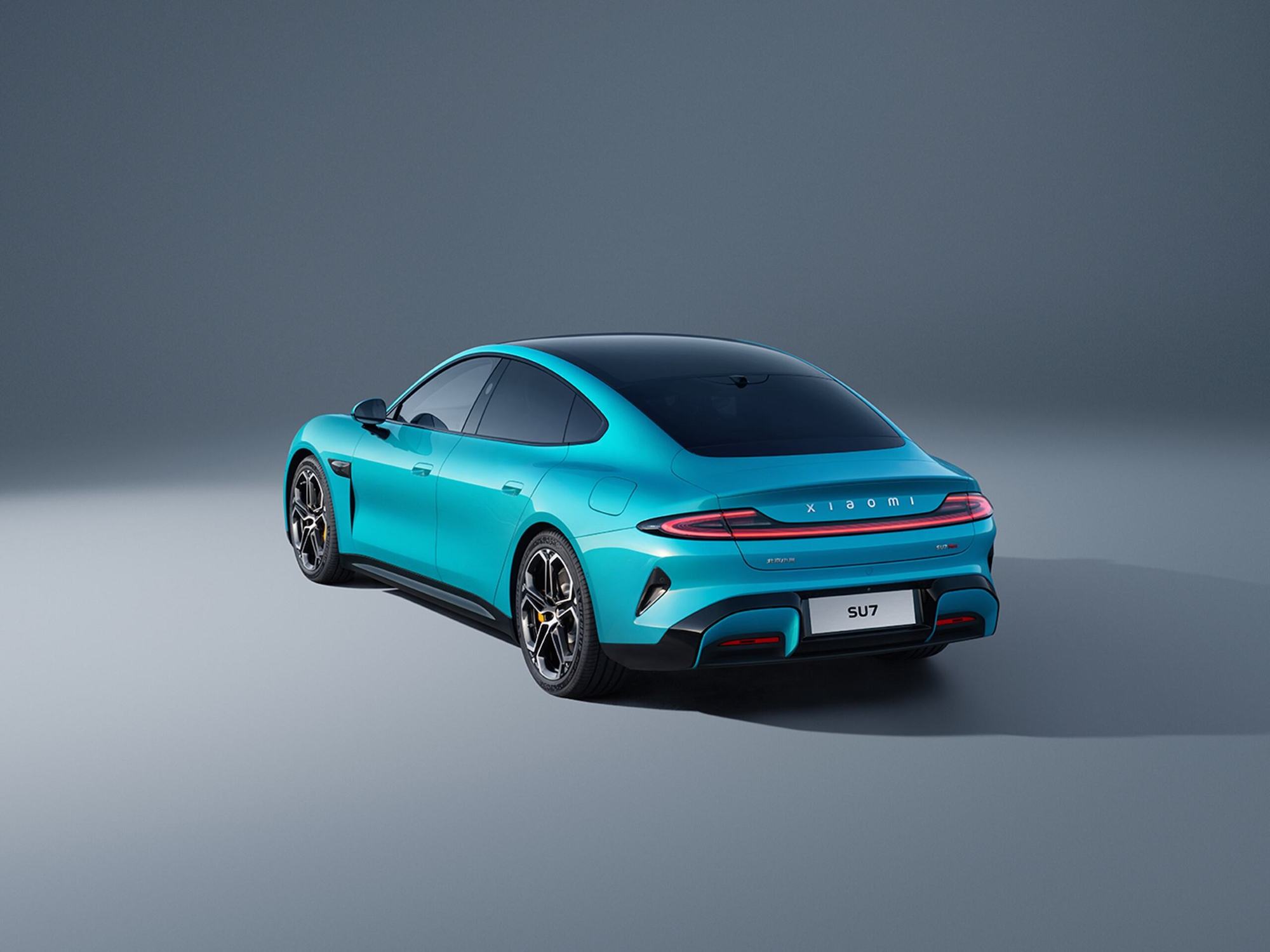 Xiaomi SU7 RearRear view of the Xiaomi SU7.
Xiaomi SU7 RearRear view of the Xiaomi SU7.
This pricing strategy places Xiaomi in a strong position to capture market share in the rapidly growing Chinese EV market.
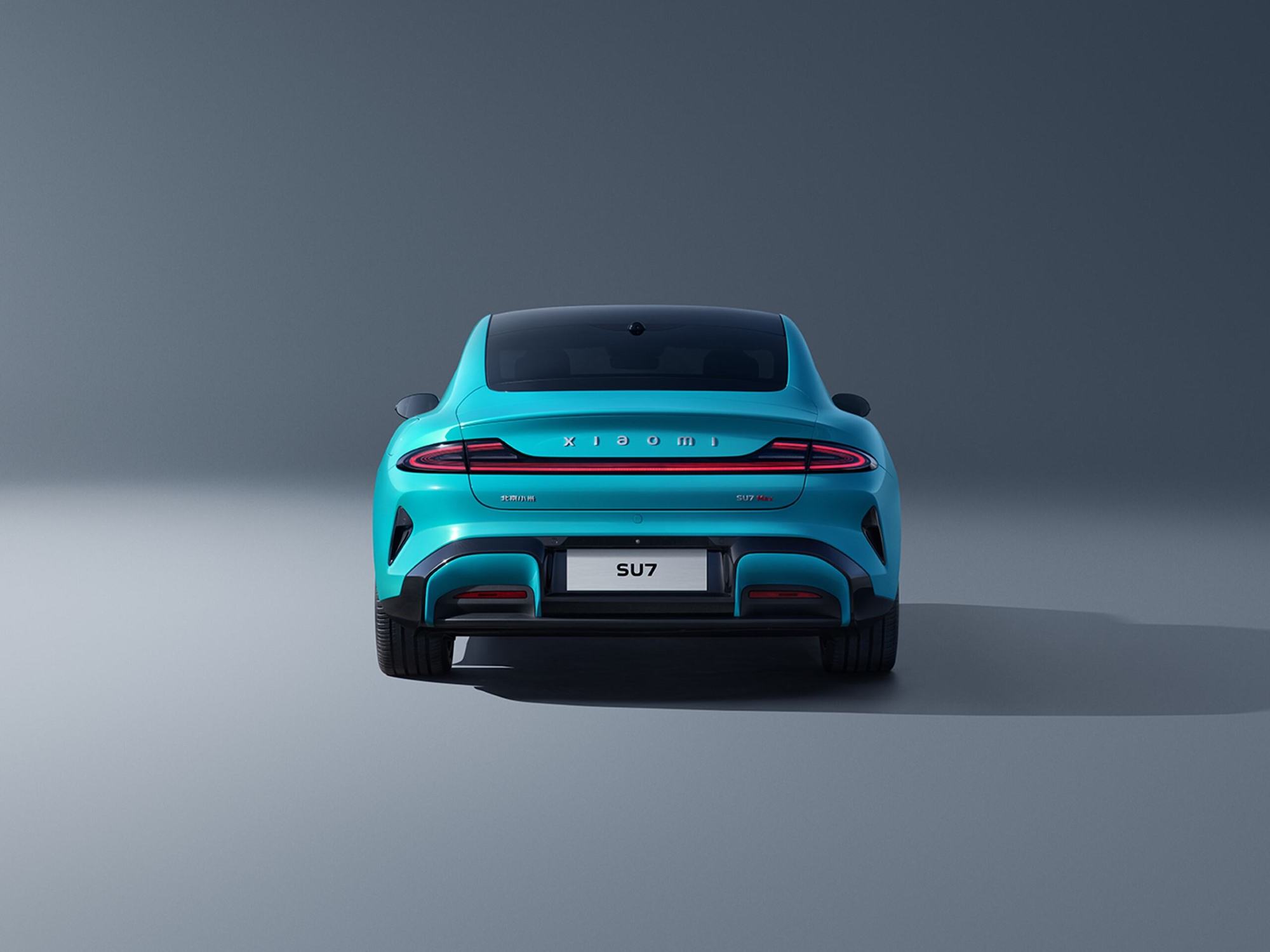 Xiaomi SU7 Side ViewSide profile of the Xiaomi SU7.
Xiaomi SU7 Side ViewSide profile of the Xiaomi SU7.
Tesla, meanwhile, has been adjusting prices to compete with domestic manufacturers like BYD, which has gained significant traction with its affordable EVs. This intensifying competition is beneficial for consumers, driving innovation and offering more choices in the EV segment.
Xiaomi’s Long-Term Vision
Xiaomi’s ambitious $10 billion investment in its vehicle business over the next decade underscores its commitment to the automotive sector. The company aims to be among the world’s top five automakers within 15 to 20 years, and global expansion of SU7 sales is anticipated in the near future.
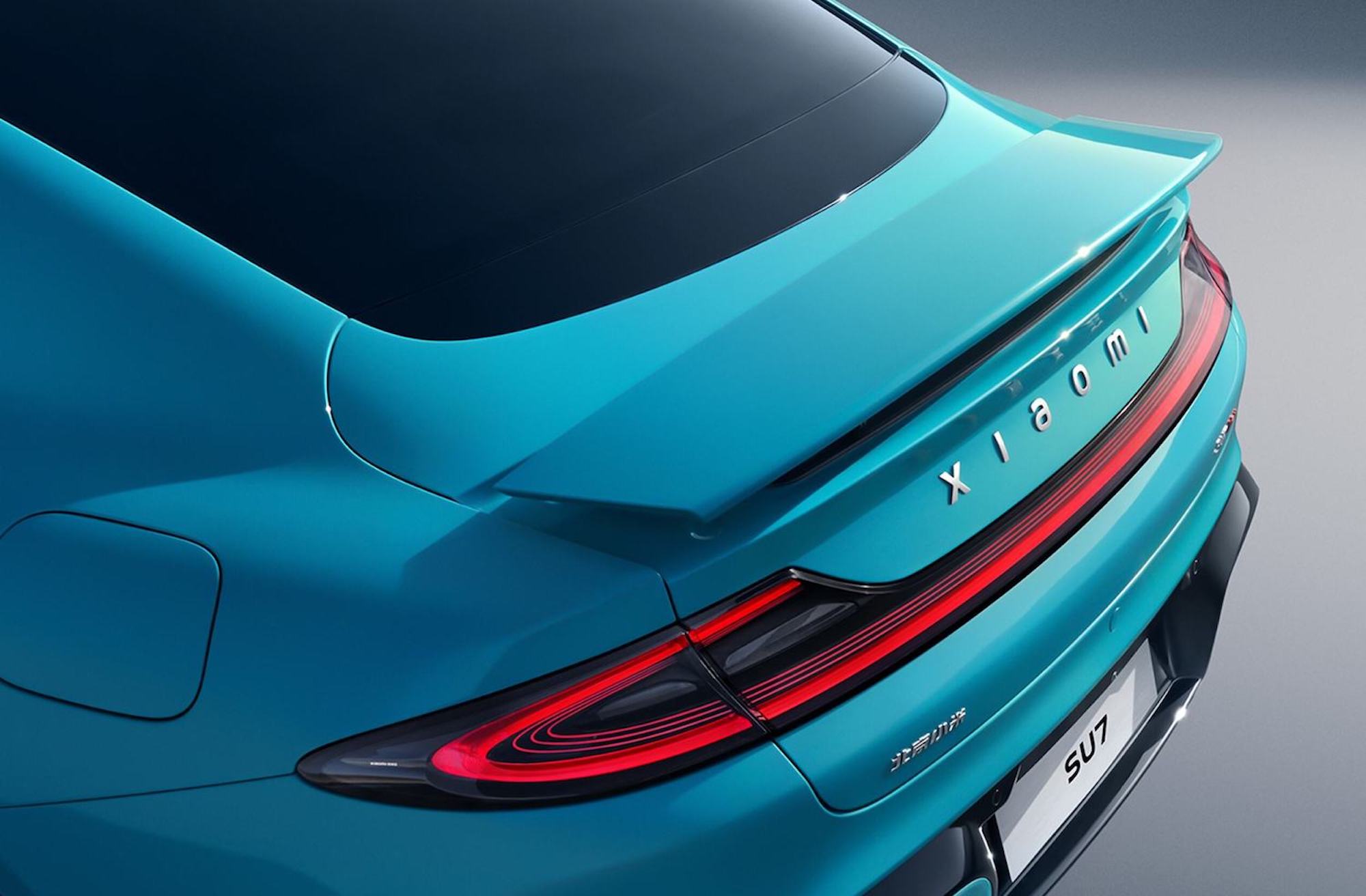 Xiaomi SU7 Front ViewFront view of the Xiaomi SU7.
Xiaomi SU7 Front ViewFront view of the Xiaomi SU7.
Conclusion: A New Era of Competition in the EV Market
Xiaomi’s entry into the EV market with the SU7 represents a significant development in the automotive industry. Its competitive pricing, performance claims, and advanced features position it as a serious contender, particularly in the Chinese market. The SU7’s launch marks a new era of competition in the EV landscape, potentially reshaping the industry’s future.



